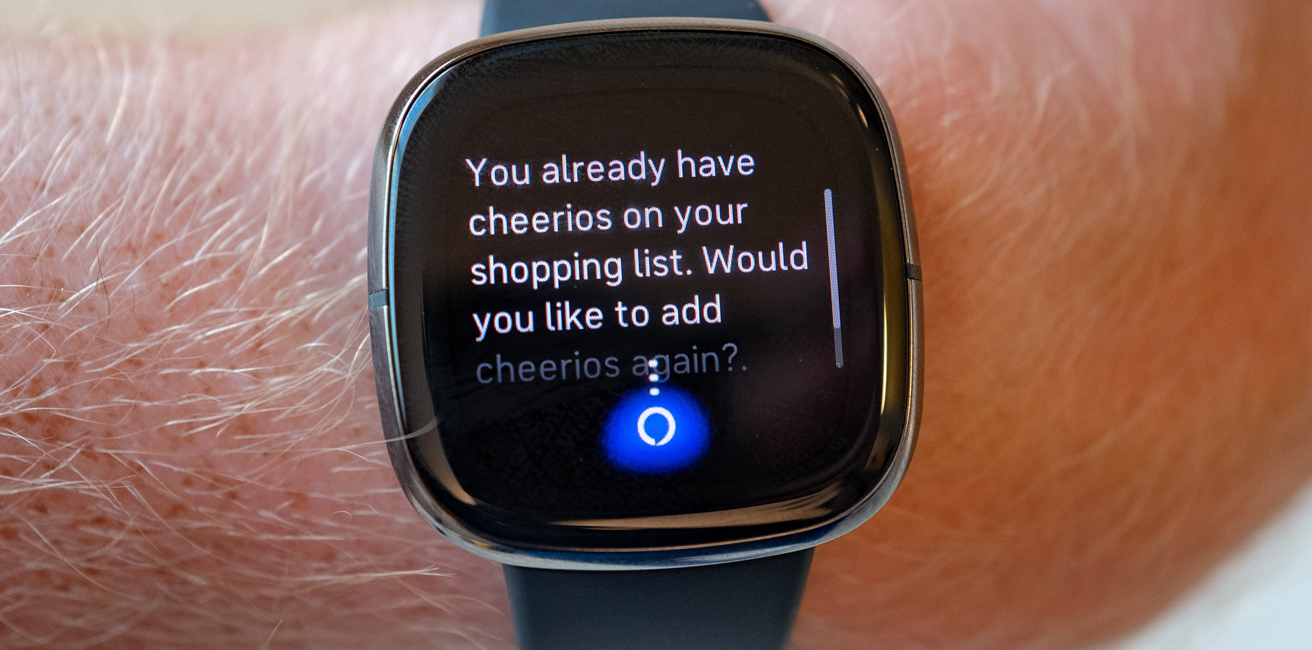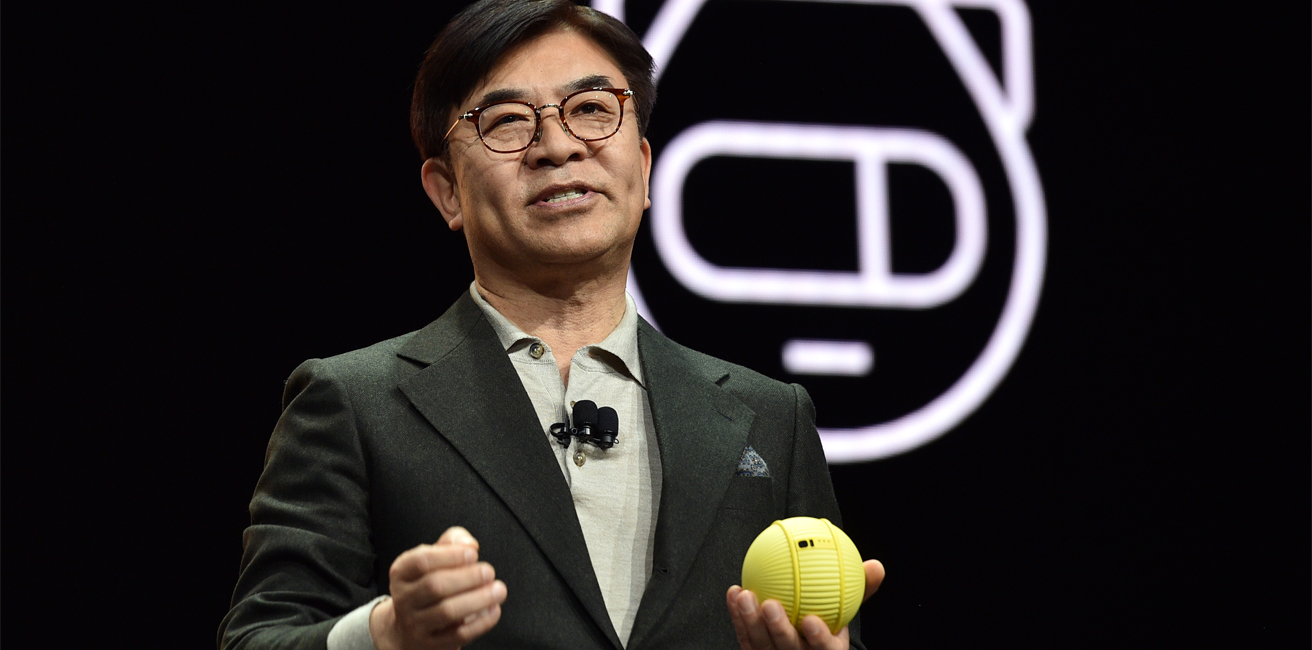Get Focus insights straight to your inbox
AI is disrupting every industry and introducing new ways for us to interact with the world. Some of those disruptions will come in 2021, borne out of the unprecedented times we find ourselves in. Other innovations are on the horizon – however, every foundation we lay today will be a building block towards a better future.
Here are seven developing trends to watch.
1. Man and machine working side by side
The Covid-19 pandemic disrupted every aspect our daily lives, including how we work. Our offices were decentralised into our homes and, along with the challenges this presented for companies, there were some new opportunities to make use of advanced AI-enabled technologies such as Workplace Analytics from Microsoft that tracks productivity, wellbeing of employees and uncovers opportunities hidden in engagements with clients.
Other companies have seen an increase in client engagements through chatbots that handle easy-to-solve support tickets.
Gartner reported that “71% of IT decision-makers believe that artificial intelligence and automation can improve customer service during the Covid-19 pandemic.”
Since the outbreak of Coronavirus, there was also an increase in combining customer relationship management (CRM) software with AI-powered sales automation algorithms. The automation can handle initial phases of “warming up” a lead by delivering personalised and targeted content, then following up, qualifying and handing the lead over to a human representative when the time is right.
AI’s support for remote work is only going to increase in the future. Some employees are going to upskill themselves in how to work alongside algorithms and automations in order to achieve the best results for an organisation.
There are processes the algorithm will do better than a human and there are times when the “human touch” will be needed. Companies are going to have to invest time and resources to understand these differences out and make best use of both man and machine.
READ MORE: 4 ways AI can help fight Covid-19
2. Algorithms that think and write like humans
Chatbots are computer programs that stimulate conversations. Although companies have found value in putting chatbots in place, one challenge that algorithms powering them have is understanding how humans communicate. There are some nuances in the way humans converse that stump AI-powered chatbots. We saw an improvement in this area recently through the release of an algorithm called General Purpose Transformer (GPT-3) by OpenAI.
This natural language processing algorithm is causing a stir because the use cases for it are immense.
In short, this wholly autonomous system can generate a quick tweet or a coherent social media post from just a single word, create basic code from simple text commands, or simplify complex text in academic course material or a legal contract into English that is easy to understand. In the last example, you could also enter simple text and GPT-3 will generate a legal contract.
While the results are not yet perfect, it is incredible to think all of this is being done using the same algorithm.
READ MORE: AI and start ups taking on the fight against fake news

An Amazon Alexa voice assistant activated on a Fitbit Sense health tracking smart watch.
3. Artificial intelligence accelerating new drugs and vaccines
The pharmaceutical industry has increasingly been using AI, mostly recently in experimenting with drug repurposing. Often existing drugs can be used to treat emerging and challenging diseases, including Covid-19. Lancet Digital Health, a monthly journal, believes artificial intelligence may offer the opportunity for significantly reduced development timelines and overall costs.
Ther publication discusses how AI models could be used in precision medicine, accelerating Covid-19 drug repurposing, and reducing time frames of drug discovery from 10 or more years and costs from billions of dollars.
4. Master’s degrees in AI become a reality
Some countries are recognising the importance of artificial intelligence as a catalyst for growth in a twenty-first digital century – offering unique opportunities for businesses and economies.
We have seen business schools start to offer MBA programmes with a focus on artificial intelligence and in 2019, the Mohamed bin Zayed University of Artificial Intelligence was launched in Dubai as the world’s first AI university, offering Masters Degrees in Computer Vision and PhD programmes.
5. Rapid advancements in Edge AI
We interact with Edge-AI devices every day – from smart speakers to smartphones, security drones and cameras, to wearable health monitoring devices. These devices are becoming more and more integrated in our daily lives.
Edge devices currently make use of artificial intelligence algorithms to function. Your smartphone’s voice assistant is a good example. Its AI algorithms are mostly run in the cloud and this presents some challenges. The device has to perform a task quickly, but the dependence on sending data to the cloud, crunching it, then bringing back the result to the smartphone introduces latency and bandwidth issues.
Edge AI aims to solve this by running the AI algorithms on local hardware, thereby reducing costs for communication and bandwidth and increasing security and privacy, not to mention overall responsiveness. When data is processed directly on devices in real- time, we will no doubt unlock new opportunities for the Internet of Things (IoT).

Samsung Electric President and CEO of Consumer Electronics Division H.S. Kim displays Ballie, an AI-enabled companion robot, at the Consumer Technology Association (CES) 2020 conference.
6. AI for the good of Earth
AI can be used to make the world a better place and will be an even greater force for good in the future. Sustainability is a powerful example.
WildTrack, a nonprofit organisation, is making use AI-powered drones to track wildlife in the Kruger National Park. Initially, the conservationists and researchers used a traditional tracking method of affixing radio collars but discovered that these collars were affecting female black rhinos’ reproduction.
When they studied how a Zimbabwean tribe used animal’s footprints to glean information such as weight, sex, and species without directly interacting or interfering with the animals, the founders of WildTrack created a Footprint Identification Technique (FIT). The technique makes use of AI algorithms to identify individual animals with 95% accuracy without getting too close to them.
Other scientists are using machine learning algorithms to monitor acoustic data in oceans and track endangered species such as the Beluga Whales.
Microsoft has invested millions of dollars in support of AI algorithms aimed at preserving our planet – such as tracking surface water quantity and quality, using satellite imagery and weather forecasts to provide precision recommendations for farmers (which resulted in 30% higher groundnut yields per hectare in India), air quality sensors in cities that assist governments come up with ways to better understand and improve air quality.
7. Hyper-personalisation – the right fit, finally
Many of us have shopped for clothes online and been disappointed with what was delivered - because it didn’t fit, the cut was wrong etc.
With hyper-personalisation, the online analytical tool knows your exact dimensions and can recommend whether what you are admiring will not frustrate you when you receive it. While it may sound intrusive, it is a powerfully intuitive use case of hyper-personalisation.
E-commerce and other brands will be able to tailor every interaction with a customer to suit that one customer’s preferences and behavioural data. AI algorithms running on online stores will understand the exact colour shirts you prefer and can recommend right-fit suits that match the shirts.
Marketing departments will stop sending you emails about products AI algorithms have understood that you are never going to ever interact with. Instead, they will deliver emails in a language and tone you prefer, at the time when you usually check your emails so as not to disturb you during your busy times.
In 2020, Kognitiv research put hyper-personalisation as the top trend for financial services.
The truth is that each customer wants to have a personalised experience. Platforms like Netflix are indirectly creating customers who want organisations to know intuitively who they are and what products are a good fit for them and them only.
This is creating new opportunities for AI algorithms in different industries, even financial services. At your current life stage, income level, and responsibilities, you want products that match your aspirations and needs.
Trends of the future
AI is not only about rapidly developing technology but is also fast-tracking advancements to our personal lives, business, educational and research institutions and governments. Some of the innovations that seem unthinkable today could well be tomorrow’s realities.
Just imagine having a digital “twin” that can attend school on your behalf while you learn from the comfort of your home? Avatars to run scenario testing without any human being exposed to harm? Brain-to-computer interfaces? Or even self-replicating and improving AI algorithms that mankind can send out to conduct pioneering exploration in the universe or the vast still-unexplored depths of our oceans?
The possibilities are endless.
About the author

Houston Muzamhindo
Data Scientist, Investec Private Bank
I am a Data Scientist within the Analytics Consulting Team in Investec Private Bank where my team focuses on building the machine learning and artificial intelligence capability in the bank, coming up with use cases and implementing them. I founded an edutech startup when I was doing my undergraduate studies and it currently has just over 17,000 students registered, mostly from South Africa.




